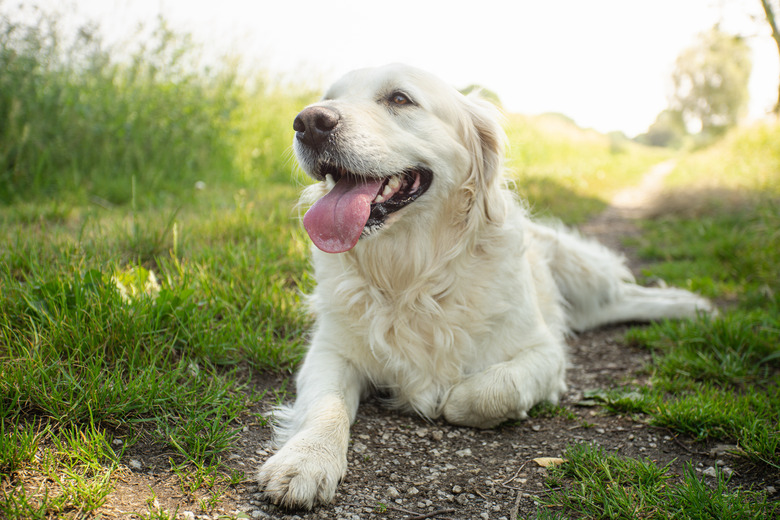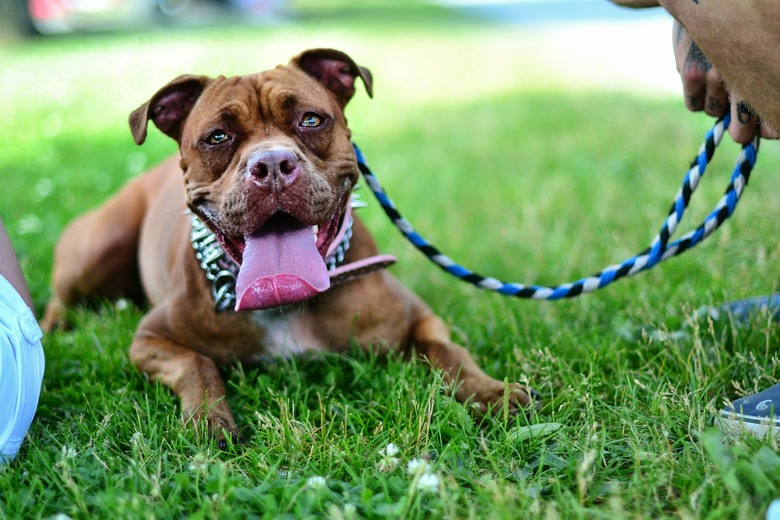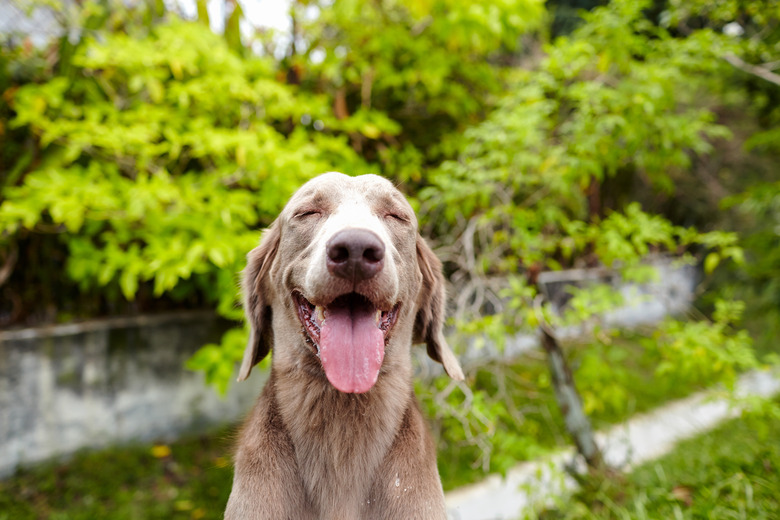Why Do Dogs Pant When It Is Not Hot?
Undoubtedly, you have seen your dog pant even when it's not hot and wondered why he is doing that. There are actually several reasons dogs pant besides to cool themselves, such as anxiety, pain, overexertion, or an allergic reaction. Panting can also indicate that your dog has a serious heart or respiratory illness that needs to be addressed.
Dogs pant when they are anxious or stressed
One reason dogs pant when they're not hot is if they are anxious, fearful, or stressed. When a dog is stressed, anxious, or fearful, her body begins to produce an increased amount of cortisol.
Cortisol is a hormone that is useful in helping to regulate metabolism, blood sugar, and the salt-water balance inside a dog's body. When cortisol is excessively produced, a dog's metabolism increases, resulting in a higher than normal body temperature and excessive panting.
When you see your dog panting during a thunderstorm, fireworks, or when she is at the vet, it's probably safe to assume your dog is stressed or anxious. Other signs of anxiety in dogs include pacing, shaking, barking or whining, drooling, yawning, rapid blinking, dilated pupils, ears pinned back to the head, cowering, shedding, and hiding.
Dogs pant when they are in pain
Pain produces an overproduction of cortisol in a dog's body the way that fear, stress, and anxiety do. In the absence of stress, your dog may be panting because he is in pain. Other signs that your dog may be in pain include increased respiratory rate, increased heart rate, depression or lethargy, agitation, vocalization, reluctance to move, decreased appetite, restlessness, and trembling. If you think your dog might be in pain, take him to your veterinarian for an evaluation.
Dogs pant even when not hot from overexertion
Dogs pant when they are exercising. You might see your dog pant as she plays fetch with you or runs around your yard. If your dog sits or lays down and pants after some physical activity, take this to mean that she needs a break. Make sure you always have some water available for your dog to drink during physical exercise.
Dogs pant when they ingest toxins or allergens
If your dog is panting when not hot or thirsty, he may have ingested an allergen or a toxin. Other signs your dog may have ingested a toxin or allergen include vomiting, lethargy, and drooling. Keep all poisonous products, such as household cleaners, antifreeze, toxic foods, and human medications out of your dog's reach. Call your veterinarian or the pet poison control hotline immediately if you believe your dog has ingested an allergen or toxin.
Dogs pant when they are ill
If your dog is panting when not hot or thirsty, she may actually be ill. Breathing difficulties, heavy panting, and coughing are signs of possible lung tumors or heart failure in dogs. Cushing's disease, a condition that raises cortisol in a dog's body, can cause excessive panting, excessive thirst and urination, and poor skin and coat. Cushing's disease can also make your dog take on a pot-bellied appearance.
If you believe your dog may be ill, take her to the veterinarian. Your vet will be able to determine if your dog has a health problem that needs to be addressed.


